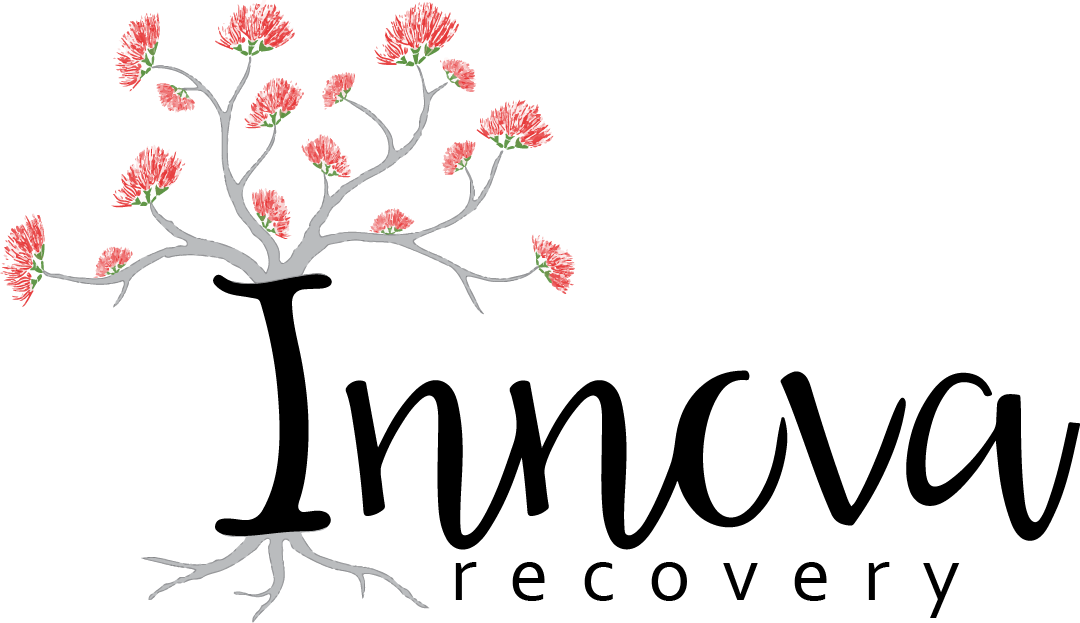Definition of Generational Trauma #
Generational trauma, also known as intergenerational or historical trauma, is the cumulative psychological and emotional wound transmitted across generations following a collective traumatic experience.
It is not experienced firsthand but is instead “inherited” through complex biological, psychological, and social mechanisms. This can affect entire families, communities, and cultural groups.
Historical trauma refers specifically to the large-scale, mass trauma inflicted upon a cultural, racial, or ethnic group due to events like colonization, war, genocide, forced migration, and systemic oppression.
Examples include:
- The Holocaust
- Slavery in the United States
- The forced assimilation policies imposed on Indigenous peoples
TRANSMISSION OF TRAUMA
The trauma can be passed down through:
- Family dynamics: Unresolved trauma affects parenting styles, creating cycles of abuse, neglect, or emotional suppression.
- Cultural memory: Stories, narratives, and unspoken family rules about trauma and emotions shape the beliefs of future generations.
- Ongoing environmental stressors: The effects are often compounded by systemic racism, poverty, or discrimination that continue to affect marginalized groups.
Emotional & Behavioral Symptoms #
Emotional symptoms often reflect the unresolved pain of previous generations, creating persistent and disruptive emotional patterns.
Common emotional symptoms include:
- Persistent anxiety and depression: Chronic, pervasive feelings of hopelessness, excessive worry, and emotional numbness.
- Hypervigilance: A constant sense of being “on guard” and scanning the environment for potential threats, even when none are present.
- Intense fear or shame: Inherited feelings of guilt or worthlessness, or an intense fear of the world being an unsafe place.
- Low self-esteem: Persistent feelings of inadequacy and a negative self-perception.
- Difficulty with emotional regulation: Heightened sensitivity to stress and difficulty controlling emotions.
- Dissociation: Feeling detached from one’s emotions, body, or surroundings.
Common behavioral symptoms include:
- Unhealthy coping mechanisms: The development of maladaptive behaviors, such as substance abuse or self-sabotage.
- Relationship difficulties: Problems with trust, intimacy, and maintaining healthy boundaries.
- Dysfunctional family patterns: Repeating cycles of abuse, neglect, or emotional suppression that become normalized over time.
- Feeling disconnected: A sense of estrangement from one’s cultural heritage or family history.
Physical Symptoms #
The body carries the effects of inherited stress, often leading to chronic physical ailments. Physical manifestations can include:
- Chronic pain: Unexplained and persistent headaches, muscle aches, and stomach problems.
- Insomnia: Severe sleep disturbances and restless sleep.
- Increased risk of chronic illness: Higher rates of heart disease, diabetes, and other conditions linked to chronic stress.
- Weakened immune system: Chronic stress and inflammation can compromise the body’s defenses, leading to increased illness.
- Heightened stress response: An easily triggered “fight-or-flight” response, even in non-threatening situations.
Neurobiology of Generational Trauma #
Research shows that trauma can impact the brain and body on a biological level, with effects transmitted to future generations.
Key neurobiological changes include:
EPIGENETIC CHANGES
Trauma causes modifications to gene expression that do not alter the underlying DNA sequence but can be inherited.
- Altered stress response: The stress-regulating system (the HPA axis) can become overactive, leading to an increased susceptibility to anxiety and other mental health disorders in descendants.
- DNA methylation: Specific genes related to stress response can be chemically altered, influencing how they are expressed.
NEUROBIOLOGICAL DEVELOPMENT
Studies using fMRI show that trauma can affect fetal brain connectivity, potentially disrupting neurodevelopment even before birth.
- Brain structure changes: Research suggests that children of traumatized parents may have altered brain structures, such as smaller amygdala or hippocampus volumes, which are critical for emotion regulation and memory.
Healing & Resilience #
While generational trauma presents significant challenges, healing is possible. Addressing it requires a multi-faceted approach.
STRATEGIES FOR HEALING
- Acknowledge the trauma: Healing begins by recognizing and naming the trauma and its impact.
- Seek professional support: Trauma-informed therapy, such as family therapy or EMDR, can help individuals and families process and cope with the effects.
- Learn and validate emotions: Developing healthy ways to process and communicate feelings is critical to breaking cycles of emotional suppression.
- Rebuild cultural identity: For groups affected by historical trauma, reconnecting with cultural coping methods, language, and traditions can be a powerful source of healing and resilience.
- Create a healthy environment: Intentional parenting and fostering open communication can prevent the further transmission of trauma to future generations.
Download This Resource #
Save the printable PDF version of this article to reference or share anytime.







